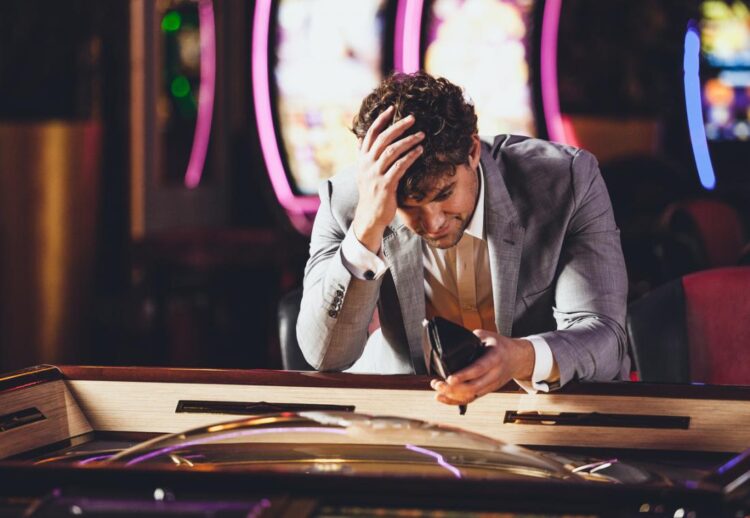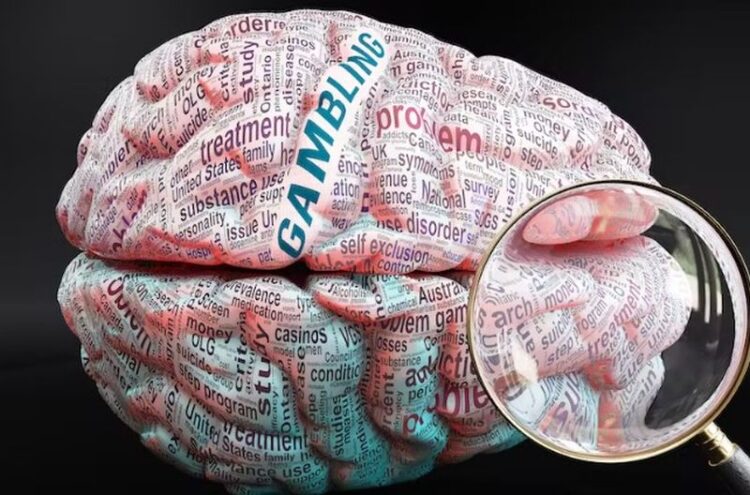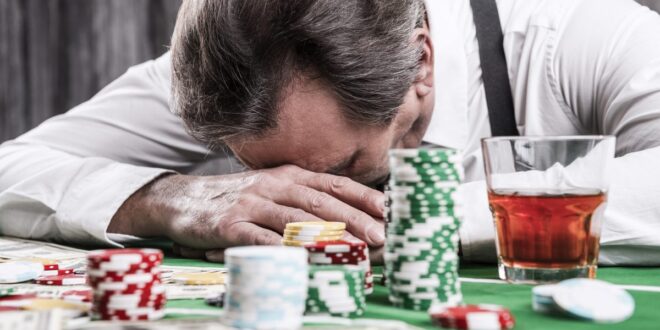Facing and overcoming a gambling addiction can be a daunting journey, but the path to recovery is lined with hope and support. Among the essential resources available to those struggling with gambling addiction, counseling stands out as a vital lifeline.
In this article, we explore the benefits of counseling at Birches Health for individuals on their road to recovery after battling gambling addiction.
What is Gambling Addiction?
Gambling has become a popular form of entertainment for many. Whether it’s the thrill of a casino, the convenience of online platforms, or friendly bets among friends, the allure of gambling is hard to resist. While most people can enjoy gambling responsibly, it can become a devastating addiction for some individuals.
Therefore, gambling addiction refers to a behavioral addiction characterized by the uncontrollable urge to gamble, despite the negative consequences it may bring. Just like drug or alcohol addiction, gambling addiction can hijack the brain’s reward system, making it difficult for individuals to resist the urge to gamble, even when it leads to financial, social, or emotional distress.
Signs and Symptoms

Recognizing the signs of gambling addiction is crucial for early intervention. Some common indicators include:
a) Preoccupation with Gambling
When constantly thinking about your past gambling experiences and planning the next gambling session.
b) Inability to Stop
Repeated unsuccessful attempts to stop or reduce gambling.
c) Chasing Losses
Gambling more to recoup previous losses leads to a vicious cycle.
d) Concealing Behavior
Hiding gambling activities from family, friends, or therapists.
e) Neglecting Responsibilities
Failing to meet work, family, or personal obligations due to gambling.
f) Financial Issues
Experiencing financial difficulties as a result of gambling losses.
g) Emotional Distress
Feeling restless, irritable, or anxious when not gambling.
Risks of Gambling Addiction

Gambling addiction can severely affect various aspects of your life. The financial strain is often the most evident, with debts piling up and assets being lost.
Moreover, gambling addiction can lead to strained relationships, divorce, job loss, and even legal troubles. Additionally, individuals struggling with gambling addiction are at higher risk of developing mental health issues like depression and anxiety.
Seeking Support
If you or someone you know is grappling with gambling addiction, remember that help is available. The road to recovery might be challenging, but it is possible to regain control over your life with the right support.
a) Professional Counseling
Seeking help from a therapist or counselor experienced in treating gambling addiction can be instrumental in overcoming the issue. Therapies like Cognitive Behavioral Therapy (CBT) and motivational interviewing have shown promising results in treating gambling disorders.
b) Support Groups
Joining these groups can offer a sense of community or understanding. These groups provide a safe space for sharing experiences, receiving encouragement, and learning from others who have successfully battled gambling addiction.
c) Self-Exclusion and Restriction
Many gambling platforms offer self-exclusion programs, allowing individuals to voluntarily ban themselves from gambling for a specified period. Additionally, setting deposit limits can help control excessive betting.
d) Family and Friends
Loved ones can play a crucial role in recovery by providing emotional support and understanding. Encouragement to seek professional help and participate in support groups can make a significant difference.
How can Professional Counselors Help?

Discover how professional counseling can foster healing, provide guidance, and offer lasting tools for a healthier, happier life.
-
Understanding the Root Causes
One of the primary benefits of counseling for gambling addiction is its ability to help individuals delve deep into the root causes of their addictive behavior.
Many people turn to gambling as a coping mechanism to escape from stress, emotional pain, or other underlying issues. Through counseling sessions, individuals can gain a profound understanding of their triggers and emotional vulnerabilities. By addressing these underlying problems, individuals can start to heal and regain control over their lives.
-
Developing Coping Strategies
Counseling equips individuals with the necessary tools and coping strategies to resist the urge to gamble when faced with triggers. Counselors can help patients identify healthier ways to manage stress, anxiety, and negative emotions, fostering resilience and self-control. These coping mechanisms can empower individuals to face life’s challenges without resorting to destructive behaviors.
-
Rebuilding Relationships
Gambling addiction can severely strain personal relationships, causing trust issues and emotional distance. Counseling plays a crucial role in restoring and rebuilding these relationships.
Family and couples therapy can help repair the damage caused by addiction and encourage healthy communication, empathy, and understanding. As trust is gradually regained, a strong support system can form, further bolstering the individual’s journey to recovery.
-
Preventing Relapses
Recovery from gambling addiction is an ongoing process, and the risk of relapse is a constant concern. Professional counseling equips individuals with the tools to recognize warning signs of relapse and prevent it from occurring.
By addressing underlying issues and developing coping skills, individuals are better prepared to navigate life’s challenges without succumbing to the temptations of gambling.
-
Restoring Mental Health
Gambling addiction takes a toll on mental health, often leading to anxiety, depression, and other psychological issues. Counseling provides a safe space for individuals to discuss their emotions and feelings openly. By addressing these mental health concerns, counselors can guide patients toward appropriate treatment options, including therapy and medication if necessary. Restoring mental well-being is a crucial step toward lasting recovery.
-
Financial Guidance and Management
A significant consequence of gambling addiction is financial ruin, leading to debt and a loss of financial stability. Counselors can assist individuals in developing effective budgeting skills and financial management strategies. Moreover, they can help devise plans to repay debts and create a sustainable financial future, thereby alleviating the stress that often triggers relapse.
Conclusion

Choosing counseling as a part of the recovery process after a gambling addiction can be transformative. It provides individuals with a supportive environment to confront and address the underlying issues that led to addiction in the first place. From developing coping strategies to rebuilding relationships and restoring mental health, counseling offers a comprehensive approach to long-term recovery.
If you or someone you know is struggling with gambling addiction, seeking professional counseling can be the first step towards reclaiming control and living a fulfilling life free from the shackles of addiction. Remember, you don’t have to face this journey alone. With the help of counseling, a brighter, healthier future is within reach.
 Hi Boox Popular Magazine 2024
Hi Boox Popular Magazine 2024



